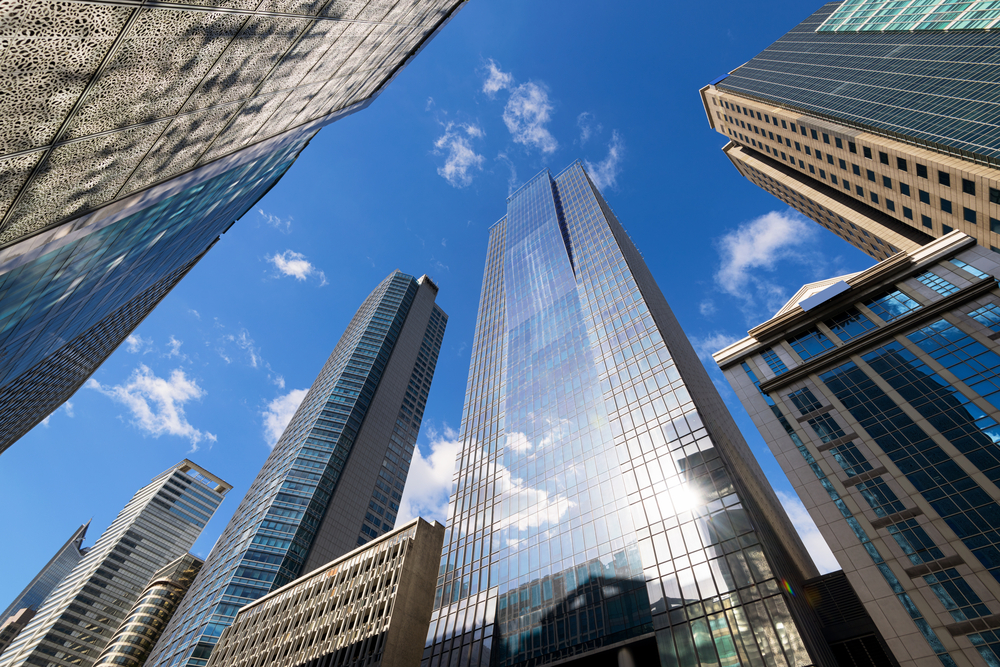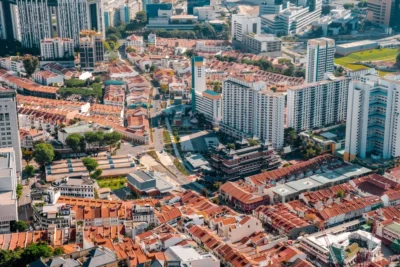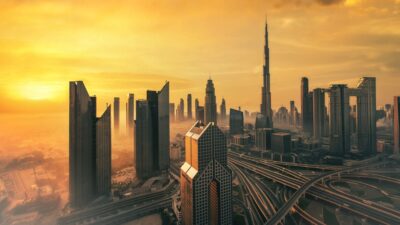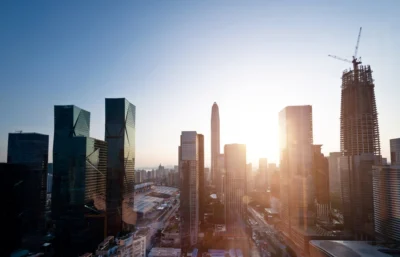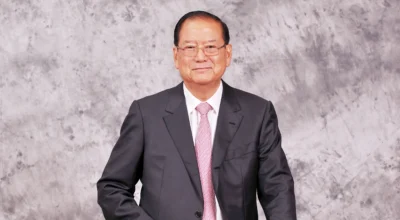The Philippines works towards attracting more FDIs
Last May, foreign direct investments (FDI) surged by 64.1 percent to USD742 million
According to BusinessWorld, the Philippine economy grew by nine percent in Q2 2022.
Felipe M. Medalla, governor at Bangko Sentral ng Pilipinas (BSP), however, expects GDP growth to be “slower” in H2 2022, saying that his personal GDP growth estimate for this year is seven percent.
Meanwhile, capital formation, a key driver in the country’s economic growth, went up 20 percent in Q1 2022, up from last year’s 13.9 percent decline.
Last May, foreign direct investments (FDI) surged by 64.1 percent to USD742 million in the Philippines from USD452 million a year ago due to fresh debt from foreign lenders.
Net inflows of FDI from January to May reached USD4.2 billion, up 18.8 percent from USD3.5 billion in during the same period last year, reported INQUIRER.net.
However, the net investments by nonresidents in debt instruments rose 42.7 percent from USD2.19 billion to USD3.13 billion.
Attracting foreign investors would require an attractive political climate, sound government policies, and proper marketing. Due to the pandemic, investment promotion agencies (IPAs) had to innovate to attract FDIs.
The Manila Times reported that an obvious innovation for attracting FDI is the use of digital technologies, and IPAs are investigating augmented reality and virtual reality. These can create immersive and interactive marketing materials, virtual exhibitions, and virtual replicas for potential investors to tour and investment lead generation.
The International Monetary Fund (IMF) cut global growth predictions for 2022 and 2023, citing threats from rising inflation and the Russia-Ukraine conflict as reasons for the world economy to enter a slump, with global GDP growth expected to reach 3.2 percent this year and 2.9 percent in 2023.
The IMF raised its GDP growth forecast for the Philippines to 6.7 percent this year, but lowered the 2023 GDP projection to five percent.
The Property Report editors wrote this article. For more information, email: [email protected].
Recommended
Foreign demand recalibrates in Southeast Asia housing markets
Even amid global headwinds, Southeast Asia’s property markets hold appeal for foreign buyers
Tariffs and turmoil test Singapore homes as suburbs hold firm
Foreign levies, regional wars, and buyer fatigue are putting pressure on the city-state’s housing market
Gulf luxury markets lure global capital amid policy shift
Gulf nations are shaking off a reputation for overt bling to lead a post-pandemic luxury boom
China housing slump deepens as oversupply drags prices
Concerns remain over surplus inventory built by troubled property developers as prices continue to fall across all but a handful of major cities

